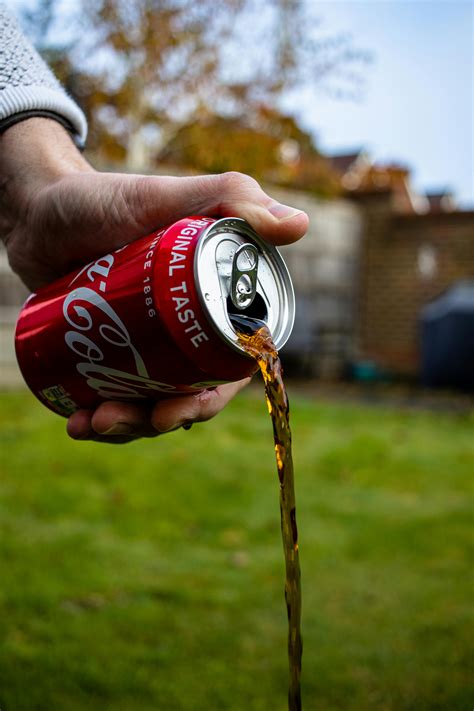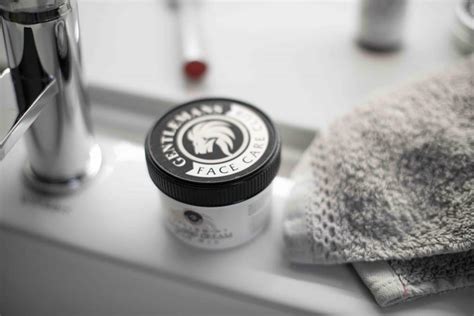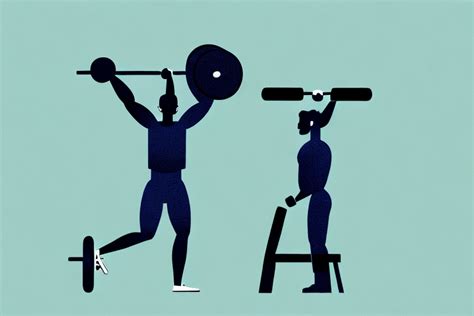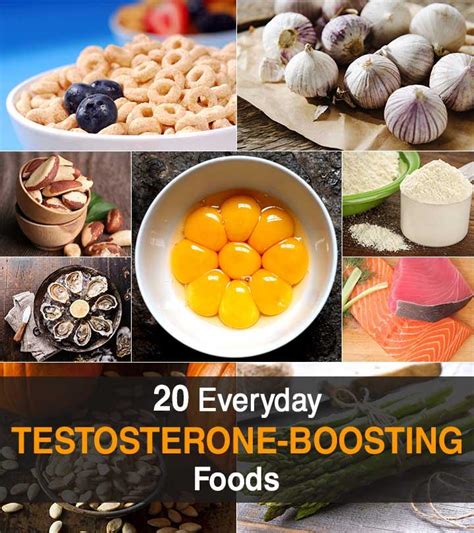Naturally boost testosterone for peak male vitality?

Testosterone, often hailed as the cornerstone of male vitality, plays a crucial role in far more than just muscle mass and libido. It impacts energy levels, mood, bone density, and even cognitive function. As men age, testosterone levels naturally decline, leading many to seek ways to restore their youthful vigor. But what if you could tap into your body’s innate ability to produce this vital hormone without resorting to synthetic solutions? This article delves into actionable, natural strategies to help you boost your testosterone and unlock your peak male potential.
Understanding Testosterone and Its Importance
Testosterone is the primary male sex hormone, an androgen produced mainly in the testes. It’s instrumental during puberty for developing male characteristics like a deeper voice, facial hair, and increased muscle mass. Throughout adulthood, it continues to regulate libido, sperm production, red blood cell production, bone density, and mood. Optimal testosterone levels are synonymous with energy, drive, and overall well-being. When these levels dip below a healthy range, a cascade of undesirable symptoms can emerge, impacting quality of life.

Recognizing the Signs of Low Testosterone
How do you know if your testosterone levels might be suboptimal? The signs can be subtle at first and often attributed to “just getting older.” Common indicators include persistent fatigue, reduced libido, difficulty building muscle mass even with regular exercise, increased body fat (especially around the waist), mood swings, irritability, depression, and even difficulties with concentration or memory. If you experience several of these symptoms, it might be time to consider evaluating your testosterone levels and exploring natural boosting methods.
Pillars of Natural Testosterone Optimization
1. Prioritize Strength Training and High-Intensity Exercise
Physical activity, particularly resistance training and high-intensity interval training (HIIT), is one of the most powerful natural testosterone boosters. Lifting weights stimulates muscle growth, which in turn signals the body to produce more testosterone. Focus on compound exercises like squats, deadlifts, bench presses, and rows, which engage multiple muscle groups. Aim for 3-4 sessions per week, combined with short bursts of high-intensity cardio, to maximize hormonal response.

2. Optimize Your Diet and Nutrition
What you eat profoundly impacts hormone production. A diet rich in whole foods, healthy fats, lean proteins, and complex carbohydrates is crucial. Don’t shy away from healthy fats found in avocados, nuts, olive oil, and fatty fish (omega-3s are vital for hormone synthesis). Ensure adequate intake of zinc (oysters, red meat, pumpkin seeds) and Vitamin D (fatty fish, fortified foods, sunlight exposure), as deficiencies in these micronutrients are directly linked to lower testosterone. Avoid excessive sugar, processed foods, and trans fats, which can disrupt hormonal balance.

3. Get Sufficient, High-Quality Sleep
Sleep is a non-negotiable component of hormone regulation. Testosterone production primarily occurs during deep sleep cycles. Chronic sleep deprivation (less than 7-8 hours per night) can significantly reduce testosterone levels, sometimes by as much as 10-15% in healthy young men. Prioritize creating a consistent sleep schedule, optimize your sleep environment (dark, cool, quiet), and limit screen time before bed to improve sleep quality and quantity.
4. Manage Stress Effectively
In our fast-paced world, chronic stress is rampant, and it’s a silent killer of testosterone. When stressed, your body releases cortisol, a hormone that directly inhibits testosterone production. Finding effective stress management techniques is vital. This could include meditation, yoga, deep breathing exercises, spending time in nature, hobbies, or simply dedicating time for relaxation and mindfulness. Reducing cortisol levels allows your testosterone to thrive.

5. Consider Key Supplements (When Necessary)
While diet and lifestyle are paramount, certain supplements can play a supportive role, especially if you have identified deficiencies.
- Vitamin D: Many men are deficient; supplementation can significantly improve T levels.
- Zinc: Essential for testosterone production; common deficiency, especially among athletes.
- Magnesium: Supports free testosterone and overall endocrine function.
- Ashwagandha: An adaptogenic herb shown to reduce cortisol and improve testosterone levels in some studies.
Always consult a healthcare professional before starting any new supplement regimen.
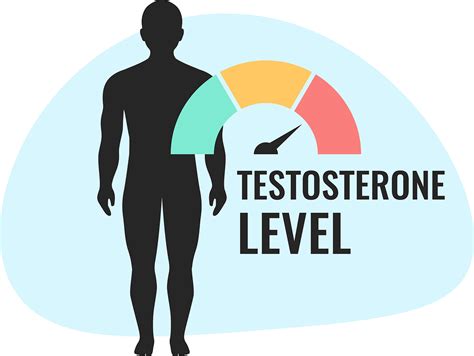
Conclusion: Reclaim Your Vitality Naturally
Boosting your testosterone naturally isn’t about quick fixes; it’s about adopting a holistic approach to health and well-being. By consistently incorporating strength training, a nutrient-dense diet, adequate sleep, and effective stress management into your routine, you can create an optimal environment for your body to produce and regulate testosterone. The journey to peak male vitality is a continuous one, but with these natural strategies, you have the power to reclaim your energy, improve your mood, enhance your physical performance, and live a more vibrant, fulfilling life.

